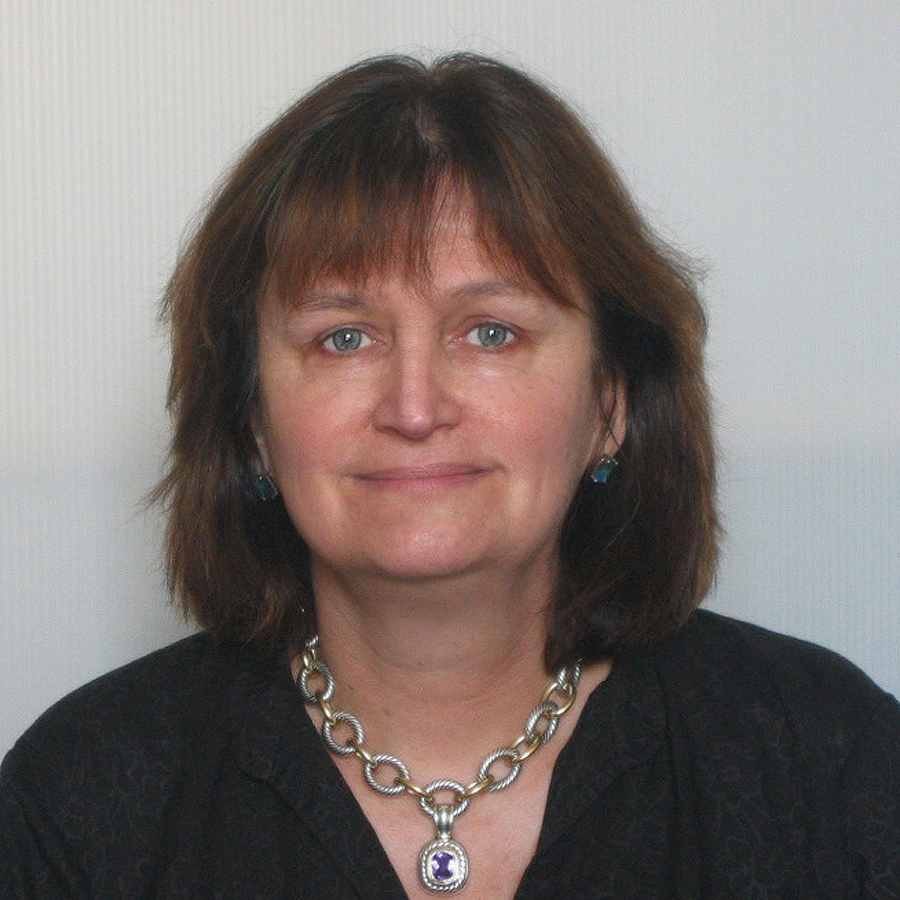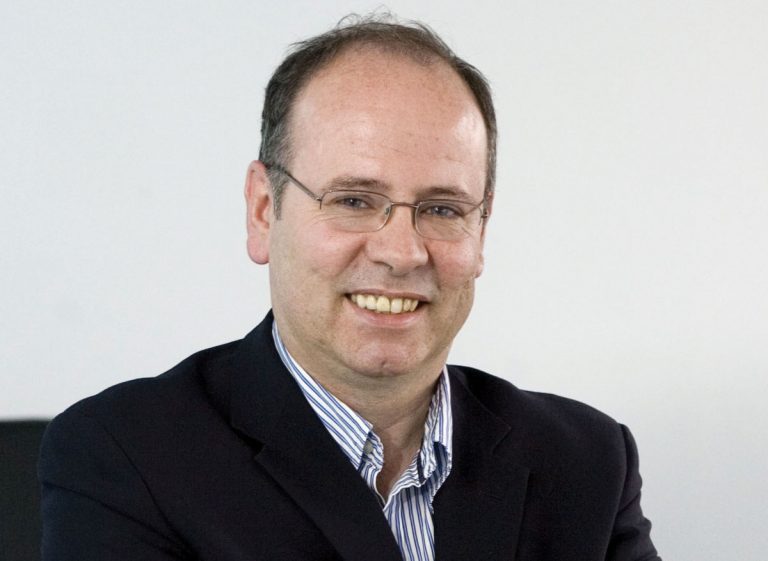Denise Rousseau and Patrick Flood - one of the most influential thinkers in the field of personnel management


Professor Denisе М. Rousseau
Professor Rousseau studies the changing psychological contract in employment, human resource strategies, and the effects of organizational culture on performance.
Publications
Her books include: Psychological Contracts in Employment (Sage, with Rene Schalk); Relational Wealth: The Advantage of Stability in a Changing Economy (Oxford, with Carrie Leana); Psychological Contracts in Organizations (Sage); Boundaryless Careers: Work, Mobility, and Learning in the New Organizational Era (Oxford, with M. Arthur); Developing an Interdisciplinary Science of Organizations (Jossey-Bass, with K. Roberts and C. Hulin); and Trends in Organizational Behavior (Wiley series, with C. Cooper). She is also the author of more than 100 articles.
He studies psychological contracts in organizations and their consequences in terms of personnel management and strategy. (Carnegie Mellon University)
"A psychological contract is a personal belief formed by the organization regarding the terms of an exchange agreement between individuals and their organization. Psychological contracts have the power of self-fulfilling prophecies: they are capable of creating the future. “Denise M. Rousseau.
Psychological contracts in organizations: understanding written and unwritten agreements (Denise M. Rousseau. Psychological contracts in organizations: understanding written and unwritten agreements). Sage, 1995. Company restructuring and labor market changes are a challenge for traditional employment contracts. The essence of contracts is a promise for the future, but promises are becoming increasingly difficult to give and fulfill.
This book outlines the behavioral theory of contracts in an organizational context: for example, it describes how organizations, intentionally or unintentionally, send messages that are perceived as promises. The book also discusses breach of contract - a common phenomenon in the modern world, which often, though not necessarily, leads to hostile reactions from the victim. Working with people after the violation can either restore the relationship or exacerbate the problems.

Prof. Patrick C. Flood
Patrick C. Flood is Professor of Organisational Behaviour at Dublin City University. He is a Fellow of the Academy of Social Sciences (FAcSS). He received his PhD from the London School of Economics and holds undergraduate and master’s degrees in business from University College, Dublin. Awards received include a Fulbright Scholarship, Erskine Fellowship, British Council FCO Scholarship, Irish Cement Ltd. Scholarship, Louth County Council Scholarship and the EU Human Capital and Mobility Post-Doctoral Fellowship. His research, teaching and consulting interests lie in CEO leadership, high performance teams and change.
Author of over 100 publications including books, chapters and articles in FT50 journals such as the Journal of Management, Strategic Management Journal, Human Resource Management, Human Relations, and Journal of Business Ethics. His 12 co-authored books include Outsider Leadership (Palgrave Macmillan), Encyclopaedia of Organisational Behaviour (Wiley), Persuasive Leadership: Lessons from the Arts (Wiley), Change Lessons from the CEO (Jossey Bass), Managing without traditional methods (Addison Wesley), Effective Top Management Teams (Blackhall) and Managing Strategy Implementation (Blackwell).
Specialist in organizational psychology, whose research interests are related to senior management teams, as well as the impact of strategic personnel management on business results. “Many people organize team building activities, expecting one or two days of training to lead to a dramatic improvement in team work. In the same way, we can hope that a session of psychotherapy will drastically change a person's life. Effective top management teams: an international perspective (Patrick C. Flood, Sarah MacCurtain, Michael A. West. Effective top management teams: an international perspective). Blackhall 2001
The main questions for the formation of the team, which are asked by the CEOs, are: whether it will be effective in a specific organization; how long the team building process will take; what happens if the team has uncivilized members; What is the most important element of effective team building? Forming a team, the authors say, is a new way to look at the concept of work. It is a cultural declaration that reflects the transition from a traditional hierarchical culture to an employee-oriented approach.
The book describes three different types of activities: activities focused on goals, activities based on tasks related to specific problems, and activities focused on relationships. In addition, the book contains a brief description of the key tools used in the process of developing leadership skills, team building and diagnosing organizational culture.
